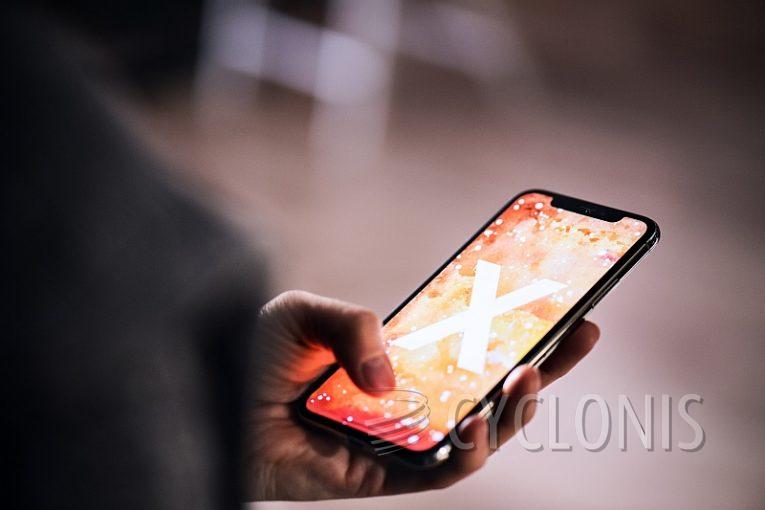"Your iCloud is Being Hacked" and "Your iPhone has Been Hacked" Pop-Ups

The "Your iCloud Is Being Hacked!" pop-up is a deceptive push notification designed to mislead users into clicking on it. It falsely claims that the device is under attack or infected, playing on users' fear to lure them into taking action.
The push notification presents itself as if it is from reputable antivirus companies like McAfee, Norton, or Avira, suggesting that a virus has been detected on the device. The intention is to scare users into clicking on the notification, which then redirects them to malicious websites.
The deceptive content of the "Your iCloud Is Being Hacked!" pop-up includes a message urging users to click on it for virus removal. However, it is essential to recognize that this pop-up is a scam, and any information it conveys is entirely false. If you encounter these pop-up ads, it is advised to close the page immediately and refrain from providing any personal information.
The appearance of the "Your iCloud Is Being Hacked!" pop-up ads is a consequence of permitting a malicious website to send push notifications to the browser. It is crucial to exercise caution and avoid interacting with such notifications to prevent potential harm to the device.
Another variant of this deceptive alert takes the form of a warning that claims the user's iPhone has been hacked, with all device actions being monitored by a hacker. Like the previous scam, this warning is also fraudulent and aims to deceive users into taking immediate action.
The exact text of the fake warning reads:
Your iPhone has been hacked. All your actions on the device are tracked by a hacker. Immediate action is required!
If confronted with the "iPhone hacked" fake warning, it is crucial to recognize it as a scam and close the notification. Engaging with the page could lead to further fake messages about virus infections and even result in the installation of unwanted software or malware on the device. As such, users should refrain from interacting with the page at all costs to protect their devices from potential harm.
How Can You Keep Your Mobile Device Safe from Malicious Pop-Ups?
Keeping your mobile device safe from malicious pop-ups is essential to protect your personal information, data, and device functionality. Here are some steps you can take to achieve that:
- Enable Pop-Up Blocker: Most modern mobile browsers have built-in pop-up blockers. Make sure this feature is enabled to prevent malicious pop-ups from appearing while browsing the web.
- Install a Reputable Security App: Choose a reputable antivirus or security app from a trusted source (such as Google Play Store or Apple App Store) and keep it updated. These apps can help identify and block malicious content, including pop-ups.
- Keep Your Device Updated: Regularly update your mobile device's operating system and applications. Software updates often include security patches that help protect against known vulnerabilities.
- Be Cautious with App Downloads: Only download apps from official app stores, as they undergo scrutiny and security checks. Avoid downloading apps from third-party sources, as they may contain malicious code.
- Review App Permissions: Pay attention to the permissions requested by the apps you install. If an app is asking for excessive permissions that seem unrelated to its functionality, it could be a sign of malicious intent.
- Use a VPN: Consider using a reputable virtual private network (VPN) when browsing the internet on your mobile device. A VPN can encrypt your internet traffic, making it more challenging for malicious actors to intercept your data or inject pop-ups.
- Educate Yourself: Stay informed about common phishing and scam tactics. Be cautious of suspicious links or messages, and avoid clicking on pop-ups that claim your device is infected or compromised.
- Disable Push Notifications: Review and manage the push notification settings for each app. Disable push notifications for apps you don't use frequently or that you find suspicious.








